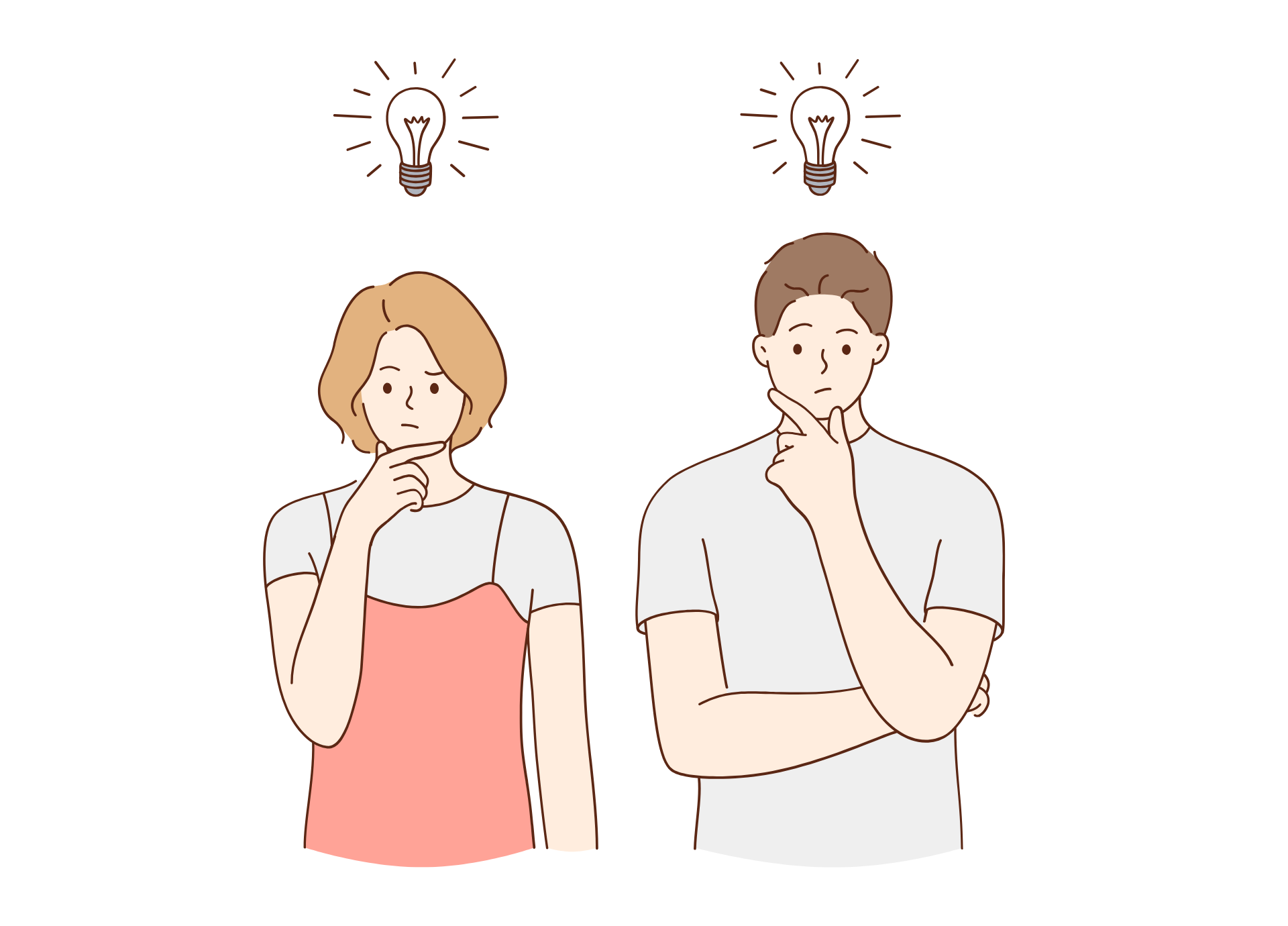ひとつ?ひとり?
こんにちは。
ご訪問ありがとうございます。
みなさん、突然ですが、日本語のカウティングはむずかしいですか?
何が難しいのでしょうか?そうですよね。物によって数え方が変わるところですよね。「ひとつ?」「いっこ?」「ひとり?」。確かにたくさんの数え方があると思います。日本語を勉強したことがある、あるいは日本に留学していた経験のある方でも、数え方や1月と1ヶ月はよく混乱されているように思います。
たとえば、「兄がひとついます」「1月勉強しました」などなど。正解は「兄がひとりいます」「1ヶ月勉強しました」です。
数え方は本当にたくさんありますが、多くの日本人もすべての数え方を知っているわけではありません。そして、実際に日常生活で使う数え方は、限られていて、そんなに多くないと思っています。
テキストなどには一覧表が載ってますが、まずは、丸い物や小さな物を数える時に使う「ひとつ、ふたつ・・」や「一個、二個・・」、人を数えるときの「ひとり、ふたり、さんにん」などから、覚えていけると良いですね。特に、「ひとつ、ふたつ・・・は幅広く使う事ができると思います。
まずは、ここから覚えていけるといいですね。
では、今日も良い1日を!

one(things)? or one person?
Hello.
Thank you very much for visiting .
Everyone, this is sudden, but…Is Japanese counting difficult for you?
What is it that makes it difficult? Yes, it’s the fact that the way of counting changes depending on the object, isn’t it?
“Hitotsu?” “Ikko?” “Hitori?” Surely, there are many different ways of counting. Even learners who have studied Japanese or have studied abroad in Japan often get confused, especially with counters and expressions like “January” (ichigatsu) and “one month” (ikkagetsu).
For example:
- Ani ga hitotsu imasu
- Ichigatsu benkyou shimashita
—The correct sentences are:
「I studied for one month.」「I have one older brother.」
There really are many counters in Japanese, but even most native speakers do not know all of them. And in fact, the counters that are used in daily life are rather limited—not that many at all.
Textbooks often provide lists of counters, but it’s best to start with the basics:
- “hitotsu, futatsu, …” or “ikko, niko, …” for counting round or small objects,
- and “hitori, futari, sannin” for counting people.
In particular, “hitotsu, futatsu, …” can be used in a wide range of situations, so it’s especially useful to learn first.
That way, you can gradually build up your knowledge.
So then, I wish you a wonderful day! 🌸



 Contact
Contact